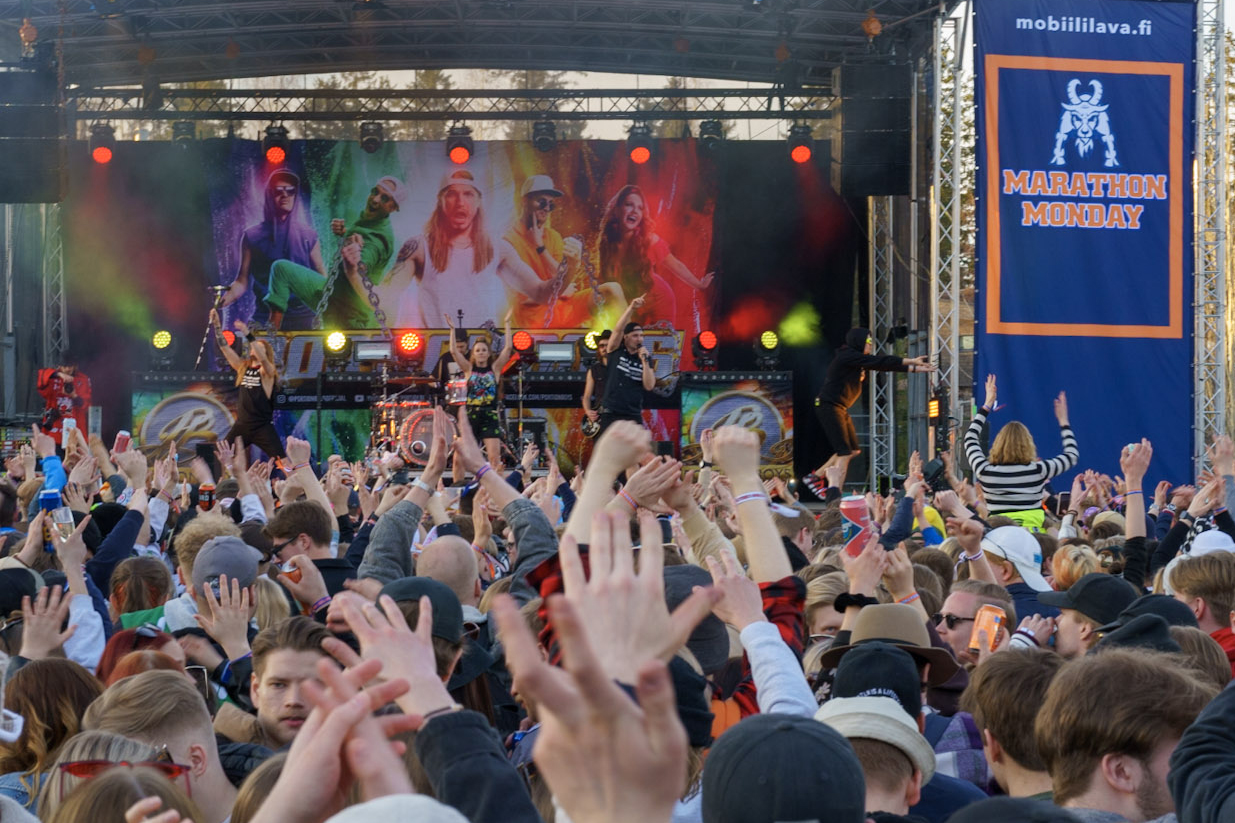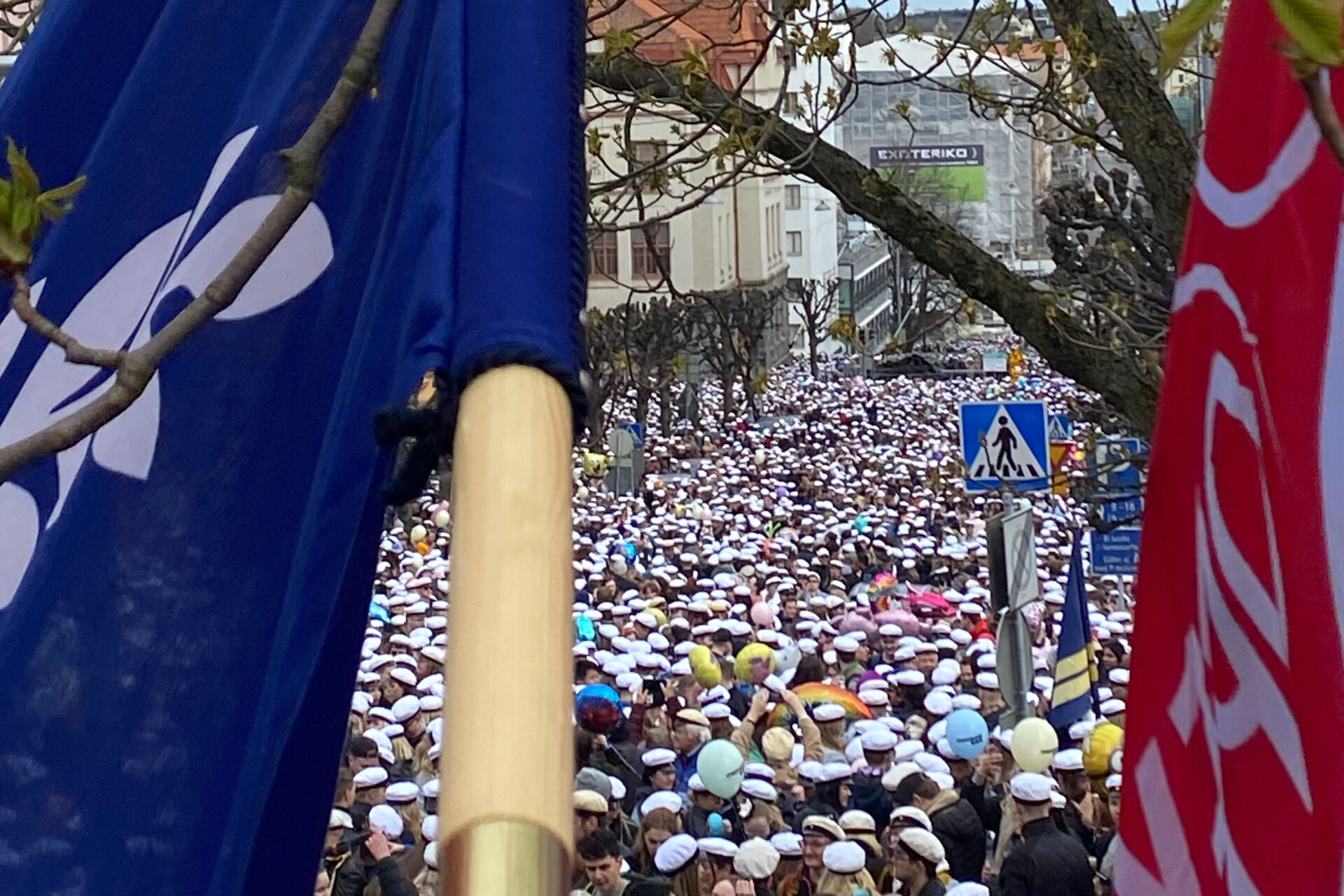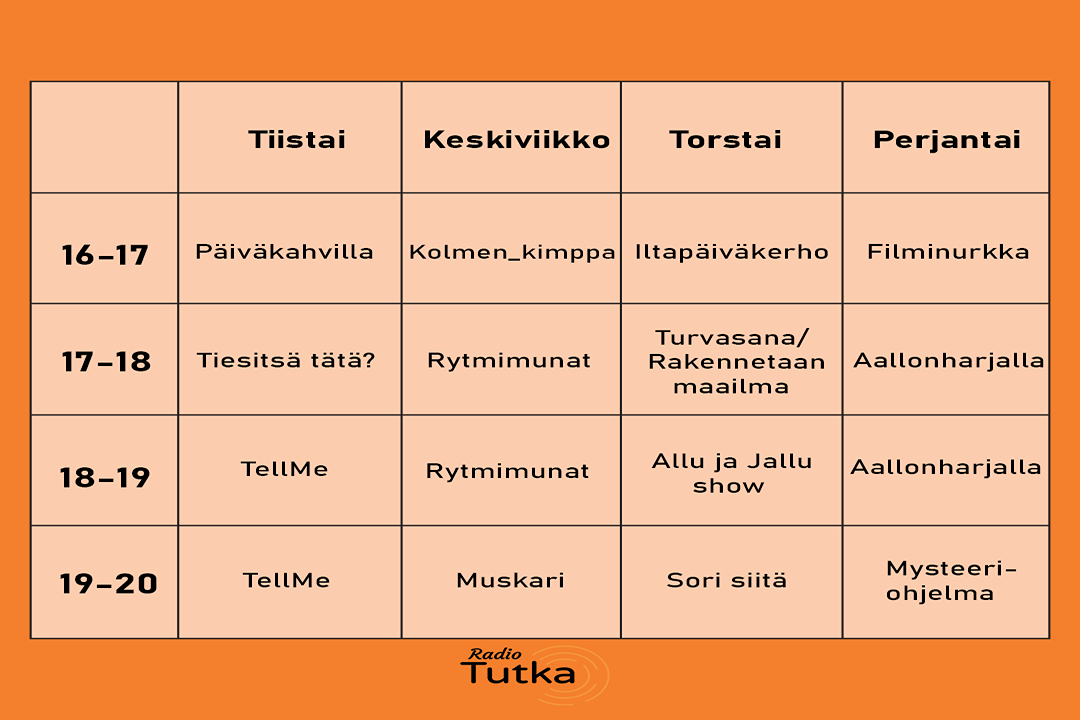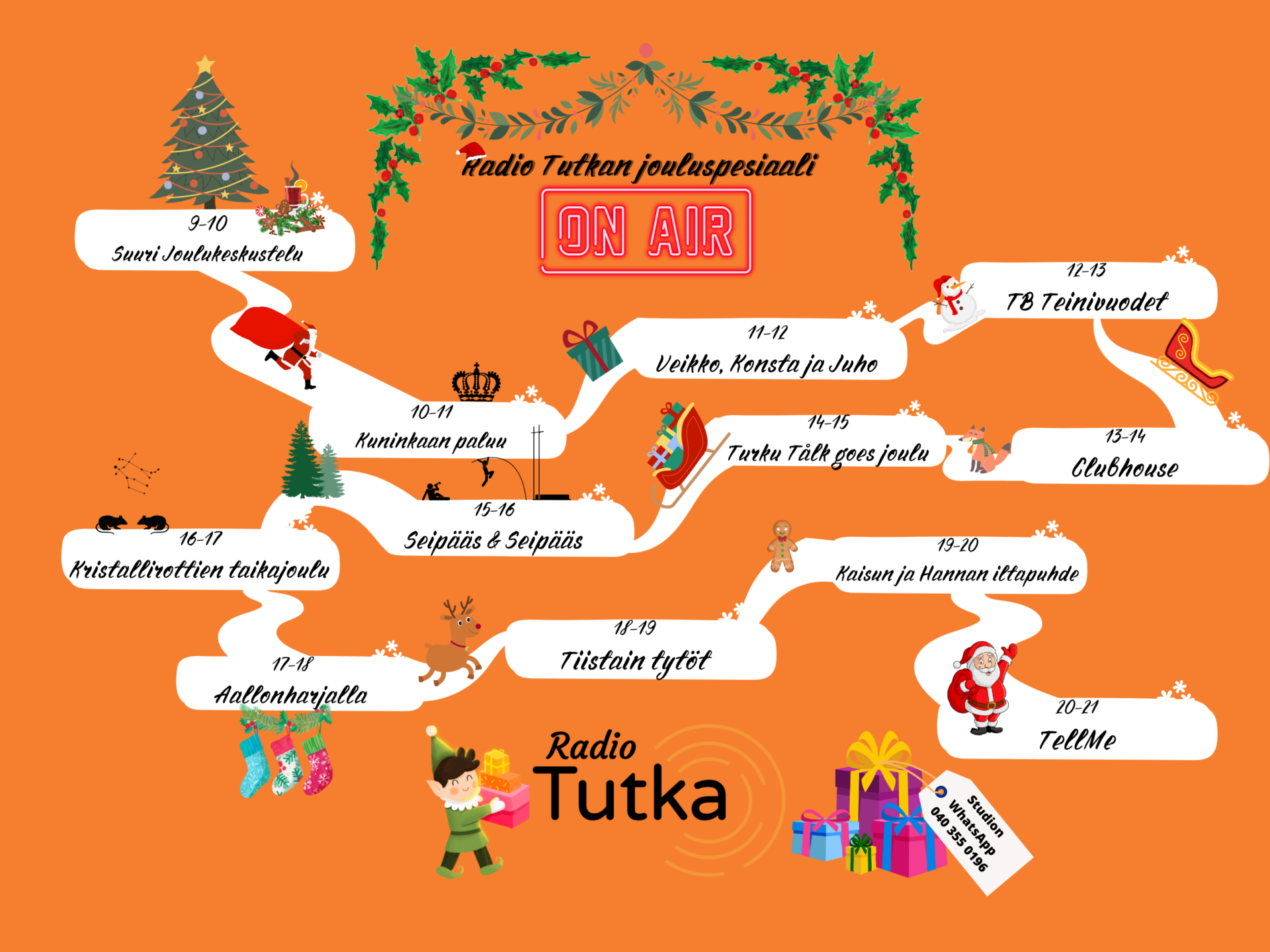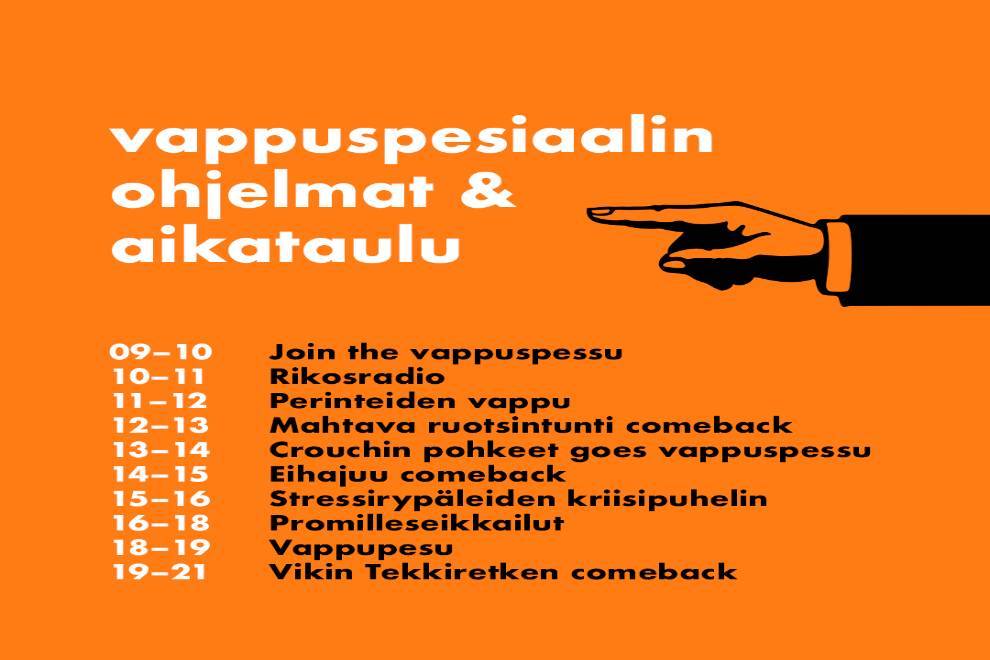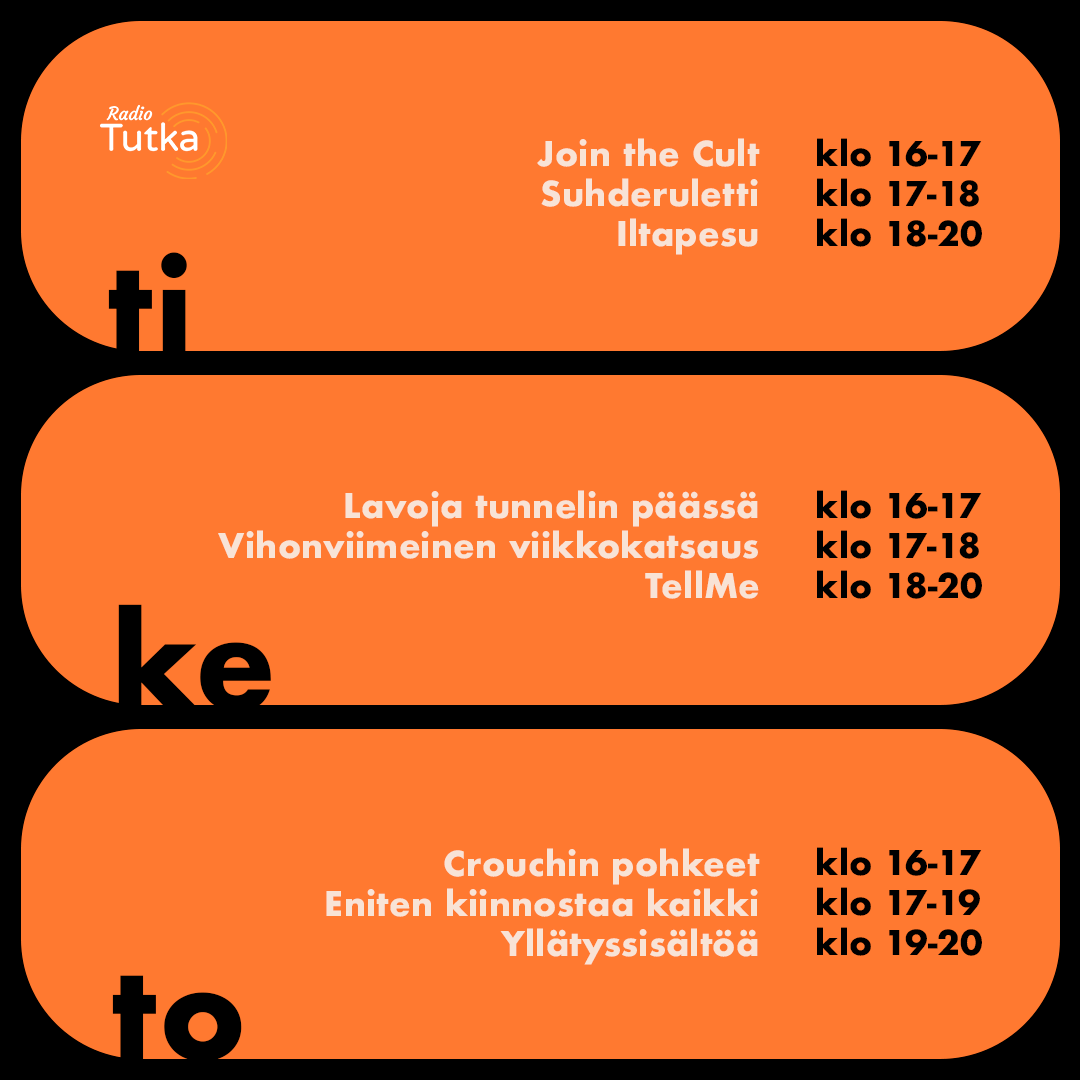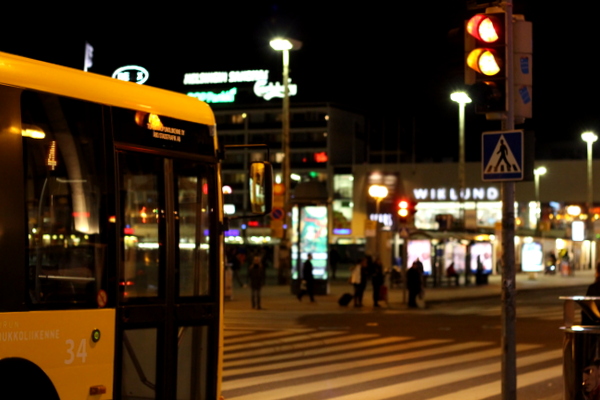
Development does not happen in a vacuum. Even if you depend on nature you still need to have a plan and that plan should often aim at inclusivity.
Most countries in Africa are still striving to develop; however, in their quest to develop they tend to marginalize a large section of the population. For instance people living with disability are often marginalized and discriminated against during the development process. Even though there are laws, regulations and conventions which stipulate that these people should be in included and be allowed to participate in the national development most Third World government lack the necessary resources to implement these basic human rights.
Article 30 of the United Nations Convention on the Rights of Persons with Disabilities states that, people living with disability should be allowed to participate in cultural life, recreation, leisure and sport of which most African countries are signatories to.
Both the 2006 Disability Act of Ghana and the 2010 Disability Act of Tanzania also states that public buildings and transport should be made accessible to people living with disability but till date, these laws and conventions are not being implemented. Finland has a comprehensive disability policy programme – VAMPO that caters for the needs of people living with disability.
Ghana and Tanzania can take a cue from Finland by eliminating structural and infrastructural barriers and prevalent attitudes in society that restricts the independent living, coping, self-determination and social inclusion of people with disabilities.
Development is incomplete when a section of the population is excluded. Development is the inclusion and participation of ALL.
This article was produced as international team work during “Newswriting – Focus on Development Journalism” –course in TUAS. The participants came from Ghana, Namibia, Tanzania, Netherlands, Belgium and Finland. The course was taught by Ms. Bertha Amakali, Deputy Head of Department from Polytechnic of Namibia, Mr. Geofrey Aloyce, Head of Journalism Department from University of Iringa and Mr. Kodwo Boateng, Acting Dean from Ghana Institute of Journalism.
The course was supported by JOCID project (Journalism for Civic Involvement, Democracy and Development). More information of JOCID: http://jocid.turkuamk.fi/
Tuoreimmat
-
Maskin takana
-
Aaron Charles joutui kokemaan räikeää rasismia kotimatkalla
-
”Ihmiset ovat parasta, mitä olen juoksukerhoista saanut” – Yhteislenkit vetävät mukaan erityisesti nuoria aikuisia
-
Hyrox houkuttelee yhä useampia – laji on suunnattu kaikentasoisille
-
Sovituksesta suureen päätökseen: näin morsian löytää pukunsa
-
Auto ei enää päädy murskaksi – EU:n kiertotalouslinjaus muuttaa purkutyön
-
Sopivia vanhemmiksi – Hilda ja Mira pelkäsivät pitkään, että pääsy hedelmöityshoitoihin evätään heiltä
-
FCAA-lopputurnauksessa syntyy enemmän kuin voittajia – opiskelijat rakentavat yhteisöä ja hyvinvointia
-
Kenen biisi?
-
Syksyllä järjestetään jälleen vaalit: tällä kertaa ne koskevat korkeakouluopiskelijoita

